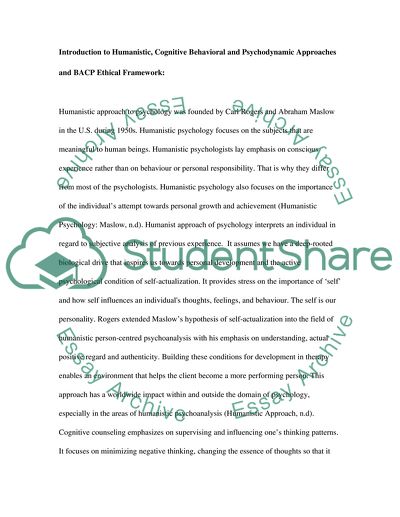Cite this document
(What Is Counselling and What Are Counselling Skills Case Study, n.d.)
What Is Counselling and What Are Counselling Skills Case Study. Retrieved from https://studentshare.org/ethics/1555876-what-is-counselling-and-what-are-counselling-skills-how-do-they-relate-to-other-approaches-to-helping
What Is Counselling and What Are Counselling Skills Case Study. Retrieved from https://studentshare.org/ethics/1555876-what-is-counselling-and-what-are-counselling-skills-how-do-they-relate-to-other-approaches-to-helping
(What Is Counselling and What Are Counselling Skills Case Study)
What Is Counselling and What Are Counselling Skills Case Study. https://studentshare.org/ethics/1555876-what-is-counselling-and-what-are-counselling-skills-how-do-they-relate-to-other-approaches-to-helping.
What Is Counselling and What Are Counselling Skills Case Study. https://studentshare.org/ethics/1555876-what-is-counselling-and-what-are-counselling-skills-how-do-they-relate-to-other-approaches-to-helping.
“What Is Counselling and What Are Counselling Skills Case Study”. https://studentshare.org/ethics/1555876-what-is-counselling-and-what-are-counselling-skills-how-do-they-relate-to-other-approaches-to-helping.


